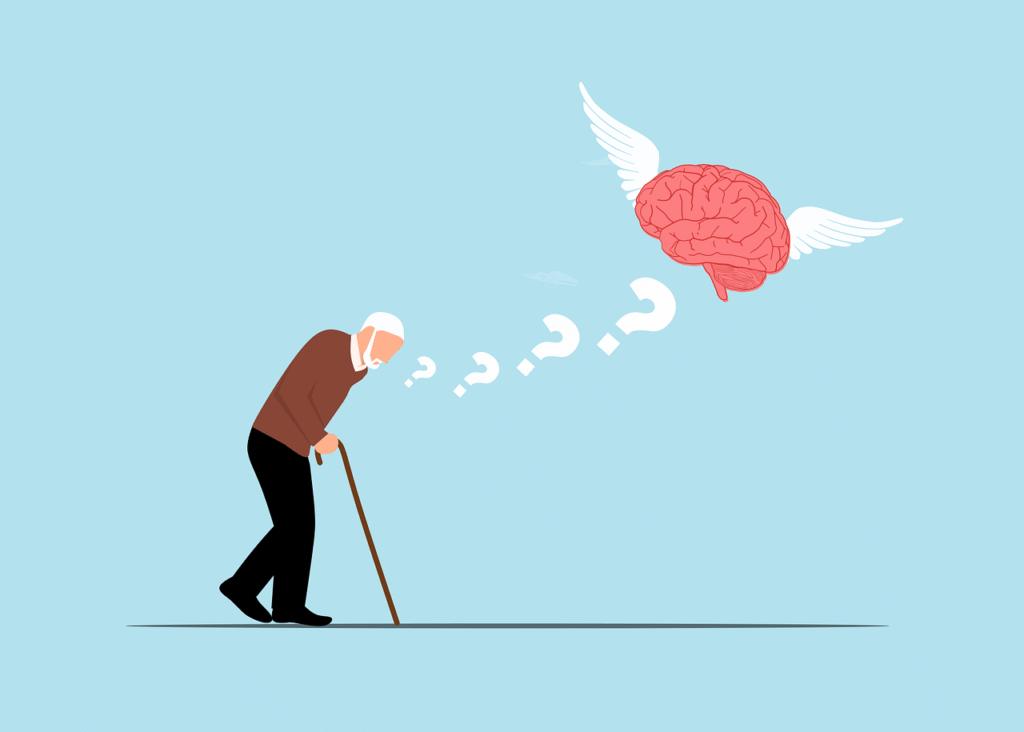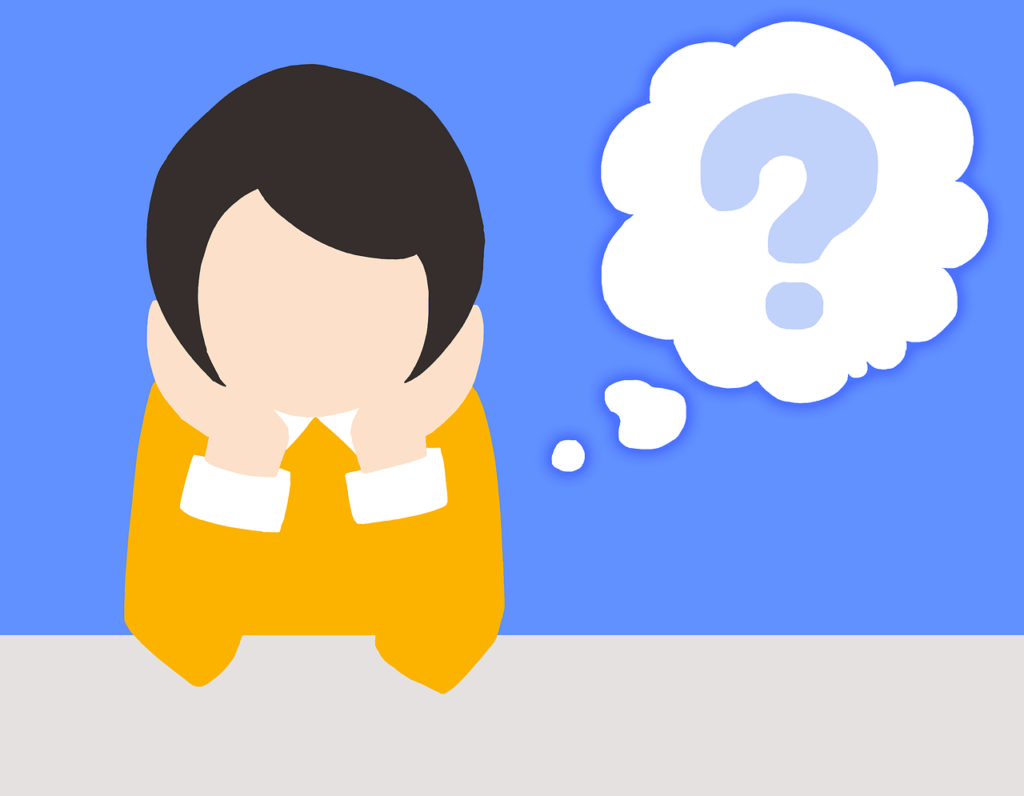Mental Health vs Physical Health | Which is more important?

Does life go well if the body is healthy? And does mental illness also affect the body? These questions are very relevant today. Many people prioritize physical health, while many argue for mental health.
But is one really more important than the other? Or are they complementary? In this article, we will delve deeper, through research, real-life examples, and analysis.
What is physical health and why is it important?
Physical health refers to the proper functioning of the body, the smooth functioning of all organs including the heart, liver, kidneys, and digestive system. If you have weakness, pain, or long-term illness in your body, you will not be able to do your normal activities.
Example:
If a diabetic patient does not follow his diet and routine, his daily life becomes difficult. Again, the physical fitness of an athlete is the foundation of his career.
What is mental health and why is it important?
Mental health refers to whether your emotions, thoughts, attention, memory, and social behavior are working properly. If a person is sad, anxious, depressed, or stressed, they can feel sick even after eating well.
Research information:
The World Health Organization (WHO) reports that 1 in 8 people suffer from some kind of mental health problem. This number has increased significantly since 2020.
Example:
If an office worker is stressed every day, does not sleep well, and cannot make decisions, then his performance, relationships, and physical condition are also affected.
Question: Have you ever felt completely broken inside despite being physically healthy?
Mind-body connection: dependent on each other
Although mental and physical health are different, they are deeply connected to each other.
For example:
Increased stress causes digestive problems.
Fatigue can increase pain.
Lack of sleep impairs concentration.
Scientific evidence:
A study by Harvard Medical School says that long-term stress increases the hormone cortisol, which weakens the immune system and increases the risk of heart disease.
Which is more important?
There is no simple answer to this question. Rather, it can be said:
“Physical and mental health are both equally important and dependent on each other.” If you only take care of your body, but do not know how to handle stress, then your immune system will decrease. On the other hand, if you are mentally healthy, but do not exercise regularly or eat healthy foods, your body will develop problems.
So what is the solution?
1. Light exercise every day (such as walking, yoga)
How to do it:
Walk for 30 minutes in the morning or afternoon.
Start by watching a simple yoga exercise video at home.
Use the stairs instead of the elevator.
Benefits:
Blood circulation is good, oxygen reaches the brain, and the mind is good.
Weight is controlled, the risk of heart disease and diabetes is reduced.
Exercise releases endorphin hormones, which are known as the “happy hormones” and reduce stress and depression.
2. Eat nutritious foods
How to do it:
Include fruits and vegetables every day.
Avoid overly fried, processed and sweet foods.
Include protein (eggs, fish), good fats (almonds, olive oil) and fiber in your diet.
Benefits:
The body gets energy and increases immunity.
It has a positive effect on mental health, if blood sugar is under control, mood swings are reduced.
Increases brain function, improves attention and memory.
3. Drink enough water
How to do it:
Drink at least 8-10 glasses of water a day.
You can set a reminder to drink water on the mobile app.
Keep a bottle of water with you when you go out.
Benefits:
Body temperature is controlled, skin is radiant.
The brain is active, fatigue and dizziness are reduced.
Digestion is normal, toxins are eliminated easily.
4. Regular health check-ups
How to do it:
Get a full body check-up at least 1-2 times a year.
Get blood pressure, sugar, cholesterol, liver-kidney function tests done.
File your medical report for later comparison.
Benefits:
Any disease is detected early and treatment can be sought quickly.
You are aware of your health, and your confidence also increases.
A health-conscious environment is also created for family members.
These four habits, although small, increase the quality of life in the long run.
Question: Are you taking time for your body for at least 30 minutes every day?
2. Mental health care
1. Get enough sleep
How to do it:
Try to sleep for at least 7-8 hours every day.
Reduce your mobile or screen time before bed.
Get used to going to bed and waking up at the same time every day.
Benefits:
The mind remains fresh, clarity in thinking comes.
Stress, anxiety, and emotions are balanced.
Memory and attention span improve.
According to research, lack of sleep increases the risk of depression and anxiety in the long term.
2. Talking to loved ones
How to do it:
Talk to at least one close person for 10-15 minutes every day.
Try to open up about your feelings and choose someone who will listen without judging.
Maintain social contact, whether it’s on the phone, in person, or online.
Benefits:
Reduces stress, eliminates loneliness.
Increases self-confidence and creates a positive image of yourself.
The feeling of support keeps you mentally stable.
Question: When was the last time you shared your feelings openly with someone?
3. Meditation practice
How to do it:
Close your eyes for just 5-10 minutes a day and focus on your breathing.
You can use a Guided Meditation app (such as Headspace, Calm).
If you have time, sit alone in nature and notice the sensations in your body.
Benefits:
Stress hormones decrease, mental peace increases.
Increased attention to the present moment, less thinking about the future or the past.
Helps control anxiety and depression.
Research shows that regular mindfulness practice strengthens the prefrontal cortex of the brain, which helps control emotions.
4. Seek help from a therapist if necessary
How to do it:
Don’t think of yourself as weak. Therapy means asking for help, which is an expression of courage.
You can find a counselor/psychologist in your area or online.
Before starting a session, find out about privacy and costs.
Benefits:
Getting to the bottom of the problem and finding solutions is available.
Expert help is effective in controlling mental illness or trauma.
Long-term improved mental health is ensured.
According to the World Health Organization, more than 60% of cases of mental illness can be cured through therapy.
The key to maintaining good mental health is sleep, relationships, self-awareness and seeking help when needed.
Just like the body, the mind also needs rest and care. Learn more about this.
Question: Do you do anything to keep your mind a little better every day?
Final words
Physical and mental health complement each other. If you want a long-term healthy, productive and happy life, then pay equal attention not only to your body but also to your mind. Because, a healthy life is not just about “going to the gym”, but also taking care of your mind, loving yourself and being honest with yourself. Click here to answer each question or to share your opinion.
- Category : Self-Development
- Author : Tuhin Bin Alamgir



